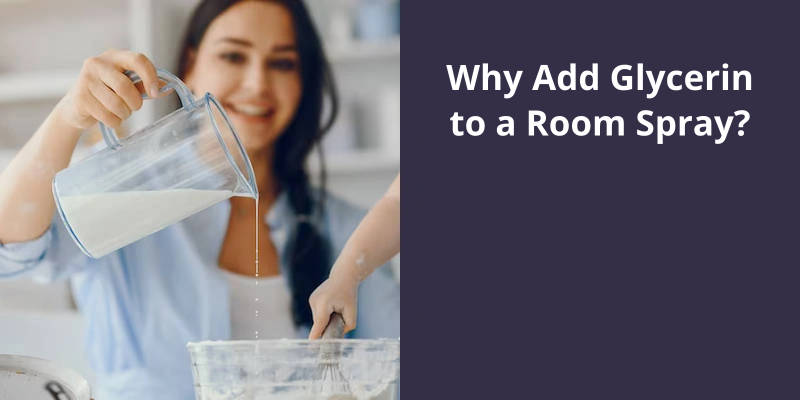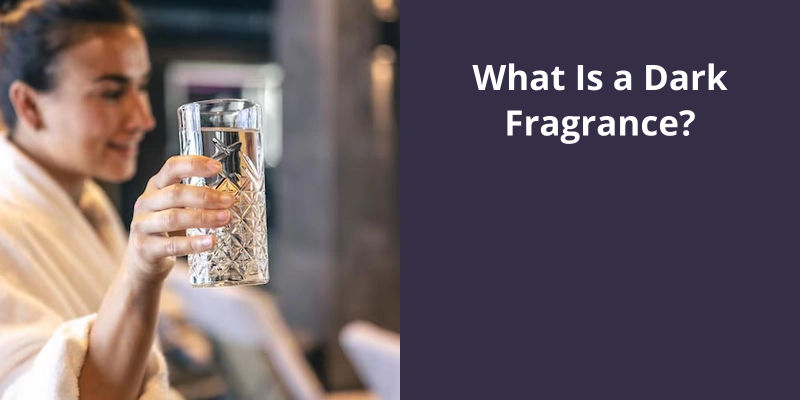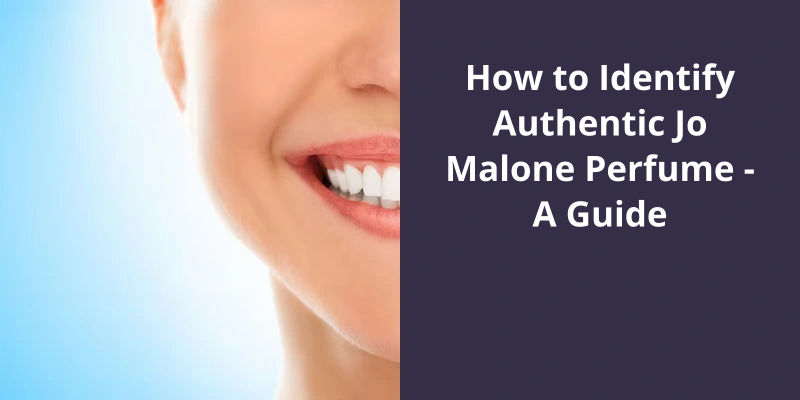When it comes to creating the perfect room spray, there are a few key ingredients that can make all the difference. One such ingredient is glycerin, a versatile and multi-functional substance that can enhance the effectiveness of your spray. Glycerin serves as a solubiliser, meaning it aids in the mixing of essential oils and water, ensuring a homogenous blend that’s evenly dispersed throughout the spray. Additionally, glycerin can prolong the staying power of your essential oil sprays by allowing the scent particles to "cling" to objects and surfaces in your home, creating a longer-lasting aroma. While glycerin is optional and can be left out, it’s inclusion can elevate your room spray to new heights and provide an enhanced sensory experience for both you and your guests.

How Much Glycerine Do I Put in My Room Spray?
Glycerin, also known as glycerol, is a natural and versatile ingredient often added to room sprays for various purposes. One of the primary reasons for adding glycerin to a room spray is it’s ability to improve the longevity and performance of the fragrance.
To ensure that the glycerin is properly incorporated into the room spray, it’s recommended to add approximately 10 ml of vegetable glycerin to a spray mist bottle. This quantity allows for the ideal dispersion of the glycerin throughout the solution.
The glycerin acts as a natural emollient, meaning it provides moisture to the spray and can prevent it from drying out. This is particularly important if you live in a dry climate or during the winter months when the air tends to be drier.
The presence of glycerin gives the spray a smooth and velvety feel, adding to the overall sensory experience. Moreover, it can contribute to a lasting and even distribution of the fragrance throughout the space.
To ensure the essential oils are properly integrated into the glycerin, it’s recommended to add approximately 10 drops of essential oil per 50 ml of glycerin. This ratio can be adjusted according to personal preference and the size of the bottle. For instance, if using a 250 ml bottle, you can add 50 drops of essential oil, allowing for a balanced and potent fragrance. Remember to agitate the mixture thoroughly to disperse the oils evenly within the glycerin.
The Benefits of Using Glycerine in Room Sprays
Glycerine, also known as glycerol, offers several benefits when added to room sprays. Firstly, glycerine acts as a natural emollient, helping to moisturize and soften the skin. When sprayed onto the skin, it can prevent dryness and provide a soothing and hydrating effect.
Additionally, glycerine is a humectant, which means it attracts moisture from the air and locks it into the skin. This can help to improve the overall hydration of the skin and keep it looking and feeling healthy.
In room sprays, glycerine can also help to enhance the longevity and stability of the fragrance. It acts as a fixative, binding the fragrance molecules and allowing them to disperse more slowly into the air. This can help to prolong the fragrance and ensure that it lingers in the room for a longer period of time.
Furthermore, glycerine can act as a solubilizer, helping to dissolve and distribute essential oils or other fragrance ingredients evenly throughout the room spray formula. This ensures that the spray is well-mixed and that the fragrance is evenly dispersed when it’s sprayed into the air.
In summary, the addition of glycerine to a room spray can offer moisturizing and hydrating properties on the skin, improve the longevity of the fragrance, and help to evenly distribute fragrance ingredients throughout the formula.
It’s important to understand the effectiveness of glycerin in various concentrations. Research shows that even at a low concentration of 3%, glycerin can deliver benefits, especially when combined with skin lipids. However, studies suggest that the advantages of glycerin tend to increase as the concentration rises, reaching it’s peak between 20% and 40%.
What Percentage of Glycerin Is Effective?
However, it’s important to note that the effectiveness of glycerin can vary depending on the specific formulation and intended use of the room spray. In general, a higher percentage of glycerin may provide more noticeable benefits, such as improved moisturization and longer-lasting scent.
Firstly, it acts as a humectant, which means it helps to draw moisture from the air and bind it to the skin, helping to keep it hydrated. This can be especially important in dry or air-conditioned environments where moisture levels may be low.
It’s generally recommended to start with a lower percentage, around 3-5%, and gradually increase the amount if desired. However, it’s important to avoid using too much glycerin, as this can result in a sticky or greasy feeling on the skin or surfaces.
Now that we know glycerin can be diluted with distilled water in a 4:1 ratio, let’s explore the numerous benefits of using this diluted mixture for skin hydration.
What Is the Ratio to Dilute Glycerin?
When it comes to diluting glycerin, the key is finding the right ratio. Glycerin is a somewhat sticky substance, so it’s often diluted with distilled water to make it easier to use. A commonly recommended ratio is to mix 4 parts water with 1 part glycerin. This means that for every 4 units of water, you’d add 1 unit of glycerin.
This is particularly useful when using glycerin in a room spray. The diluted mixture can be easily misted into the air, creating a fine spray that can evenly distribute the scent throughout the room.
When diluting glycerin with water, it’s best to use distilled water. Distilled water is free from impurities and minerals, making it a clean and pure choice for mixing with glycerin. By using distilled water, you ensure that the final mixture is of the highest quality and free from any potentially harmful substances.
Diluting glycerin with distilled water in a 4:1 ratio (4 parts water to 1 part glycerin) is a popular choice. This ratio creates a more fluid mixture that can be easily sprayed in a room spray, while also providing hydration when misted onto the skin. So if youre looking to create a room spray or use glycerin for it’s hydrating properties, this ratio is worth considering.
Source: DIY Rosewater Glycerin Moisturizing Spray
Creating a simple room spray is a fun and easy way to enhance the ambiance of your home. By following a few simple steps, you can craft a personalized and fragrant spray that will help create a delightful atmosphere.
How Do You Make a Simple Room Spray?
One popular method for creating a simple room spray involves a few key steps. Begin by selecting your desired essential oil, which will serve as the main fragrance for your spray. Add 25 to 30 drops of the essential oil to your chosen spray bottle. This will provide a concentrated burst of scent when used.
Next, fill the bottle halfway with witch hazel. Witch hazel acts as a natural emulsifier and preservative, helping to disperse the essential oil throughout the spray and prolong it’s shelf life. It also has antimicrobial properties, which can help to keep your room spray fresh.
Distilled water is recommended because it’s free of impurities that could potentially clog the spray nozzle or impact the scent of your room spray. Additionally, using distilled water can help reduce the risk of mold or bacterial growth within the spray.
Once all the ingredients are in the bottle, it’s time to combine them. Make sure the bottle is securely capped and then give it a good shake. This will help to thoroughly mix the ingredients together, ensuring that the essential oil is evenly distributed throughout the spray.
If desired, you can take your room spray to the next level by adding a visual element. Inserting a sprig of dried flowers or herbs into the bottle can give your spray a lovely decorative touch. Not only will it enhance the aesthetic appeal of the spray, but it can also provide a subtle additional layer of fragrance.
Simply give the bottle a shake before each use to ensure that the ingredients are well-mixed, then spritz as desired to freshen the air and scent your space. Enjoy the delightful aromas that fill your room, thanks to the addition of glycerin to your room spray.
Tips for Choosing the Right Essential Oil for Your Room Spray
To choose the right essential oil for your room spray, consider the desired scent and the benefits you’re looking for. Some popular choices include lavender for relaxation, peppermint for energy, and citrus oils for a refreshing fragrance. It’s also important to consider the quality and purity of the essential oil. Look for oils that are 100% pure and have been tested for authenticity. Additionally, consider adding glycerin to your room spray. Glycerin acts as a natural emulsifier, helping to combine the oil and water components of the spray and extend the scent’s longevity.
Conclusion
Firstly, it acts as a solubilizer, facilitating the emulsification of essential oils and water. This ensures a more well-blended and homogenous spray, enhancing the overall olfactory experience.





